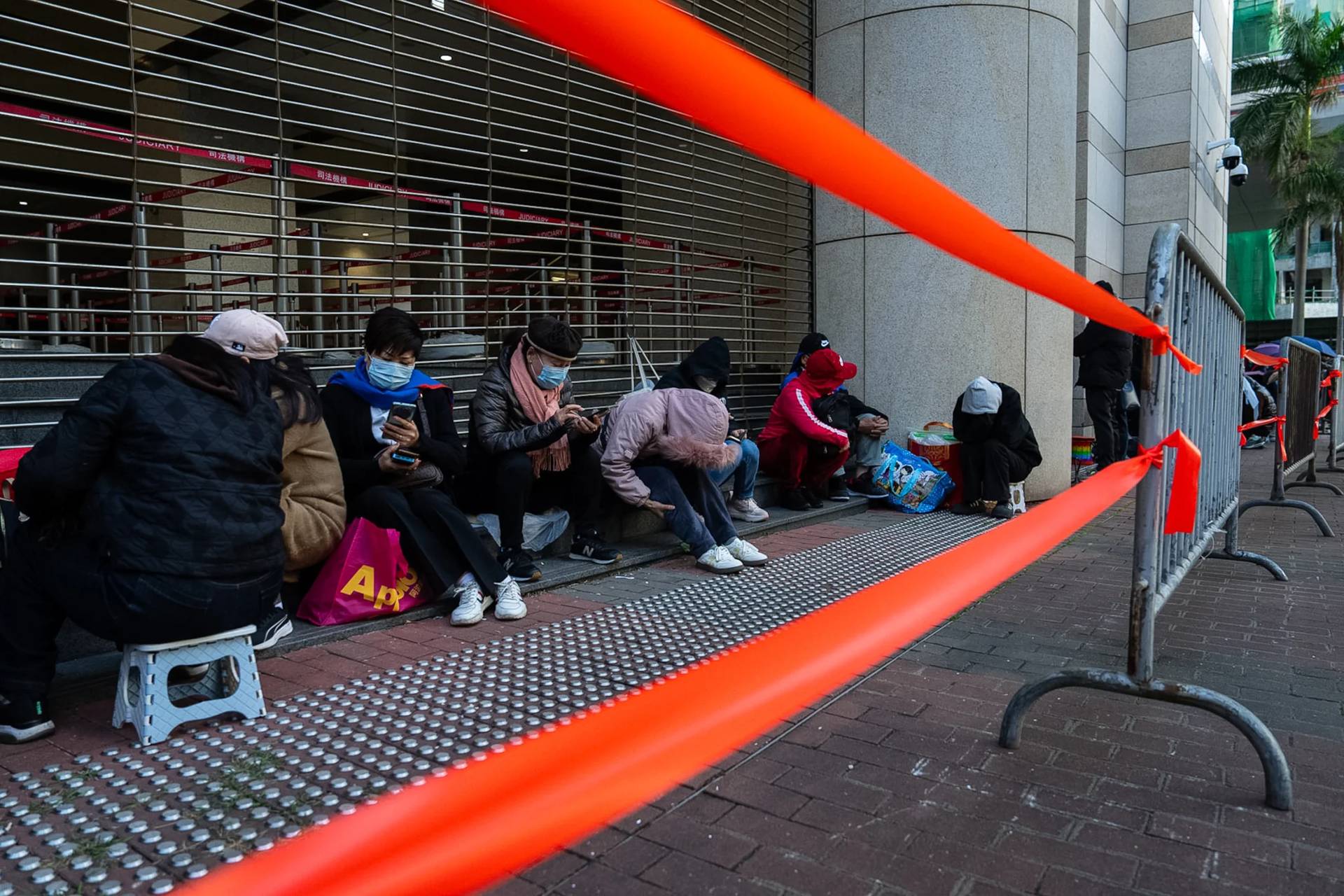INDIANAPOLIS — Indiana resettlement groups are eager to resume their work with an increase in U.S. refugee admissions that had been slashed under former President Donald Trump.
The organizations applaud President Joe Biden’s decision this month to boost the refugee limit from 15,000 a year to 62,500. The lower Trump caps led to only 21 refugees arriving in Indiana during the six months through March, according to federal records.
Heidi Smith, director of refugee services at Catholic Charities Indianapolis, welcomed Biden’s action even though delays caused by the COVID-19 pandemic make it unlikely the U.S. will admit the full number of refugees this year.
“Honestly, it filled me with joy,” Smith told the Indianapolis Business Journal about the higher cap. “This administration is sending a very different message to our country about the importance of welcoming refugees.”
The U.S. admitted about 85,000 refugees in 2016, which was the most since 1999, but Trump drastically cut the admissions limit after he took office in 2017.
Exodus Refugee Immigration, another Indianapolis resettlement agency, had been helping about 900 refugees a year before Trump’s cutbacks, which forced it to eliminate 15 positions in early 2017.
“Now, we can start to plan and budget and rebuild the infrastructure that had nearly started to collapse, both at refugee agencies and at camps abroad,” said Cole Varga, the group’s executive director.
Biden’s order added more slots for refugees from Africa, the Middle East and Central America and ended Trump’s restrictions on resettlements from Somalia, Syria and Yemen. Some 35,000 refugees have been cleared to go to the U.S., and 100,000 remain in the pipeline.
Just over 2,000 refugees arrived in the U.S. from October 2020 through the end of March, according to the State Department.
Resettlement groups face hiring and training new staff members, and coordinating with local organizations and companies to find refugees housing, basic household items and jobs, said Smith of Catholic Charities.
“We get a lot of calls from employers that want to hire our clients — it definitely had an impact on the business community when that pipeline of potential employees was negatively impacted,” Smith said.















